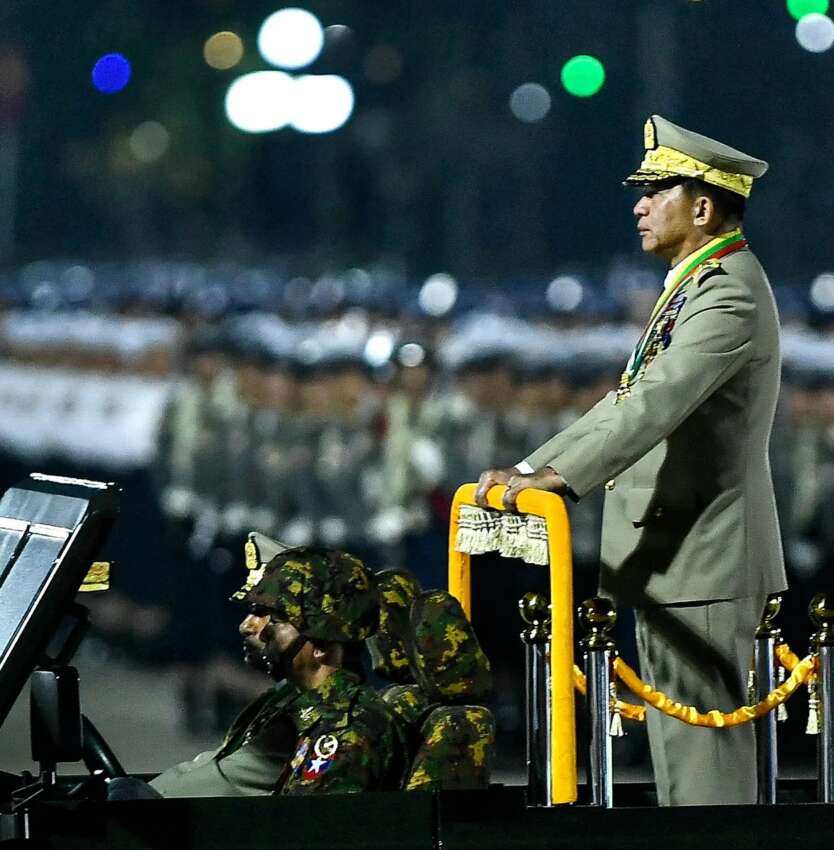
According to the report on Myanmar’s human rights situation by UN High Commissioner for Human Rights Volker Türk, Myanmar’s economy has suffered losses amounting to $93.9 billion due to the military coup, while the national debt has increased by 62% due to prioritized military spending. This detailed economic assessment was presented at the 59th session of the UN Human Rights Council, providing comprehensive insights into Myanmar’s economic conditions.
The economic situation in Myanmar has deteriorated severely since the military coup, with projections indicating that a return to pre-COVID economic conditions is unlikely even by 2028. The impact of armed conflicts has severely affected Myanmar’s people both domestically and internationally. The country’s inflation rate has surged to 30% during the 2024-2025 fiscal year, while the Myanmar Kyat has depreciated by 50% against the US dollar. The military council has prioritized military expenditure over civilian infrastructure and services, leading to a significant increase in national debt, which has risen to 62% in the 2024-2025 fiscal year.
More than half of the country’s population now lives below the poverty line, facing severe food insecurity. Basic consumer goods, including rice, vegetables, cooking oil, fish, meat, and various types of beans, have seen an average nationwide price increase of 30% compared to the previous year. The military council has also imposed restrictions on importing essential items such as cooking oil, medical equipment, medicines, seeds, and fertilizers, further burdening the already impoverished population. The root cause of the economic crisis stems from the military’s control over state-owned enterprises, including the Central Bank and resource extraction sectors.
While international sanctions have disrupted some of the military’s revenue streams, state-owned enterprises continue to serve as primary sources of income for the military. The military has implemented various measures to maintain its funding, including import substitution, foreign exchange controls, forced currency conversion at military-favorable rates, taxation of foreign remittances, and crackdowns on unregistered currency exchange businesses. These actions have resulted in the military’s increasing wealth while further impoverishing the civilian population. The economic crisis has created a deep divide between the military’s financial interests and the severe economic hardships faced by ordinary citizens, with basic necessities becoming increasingly unaffordable for much of the population.



